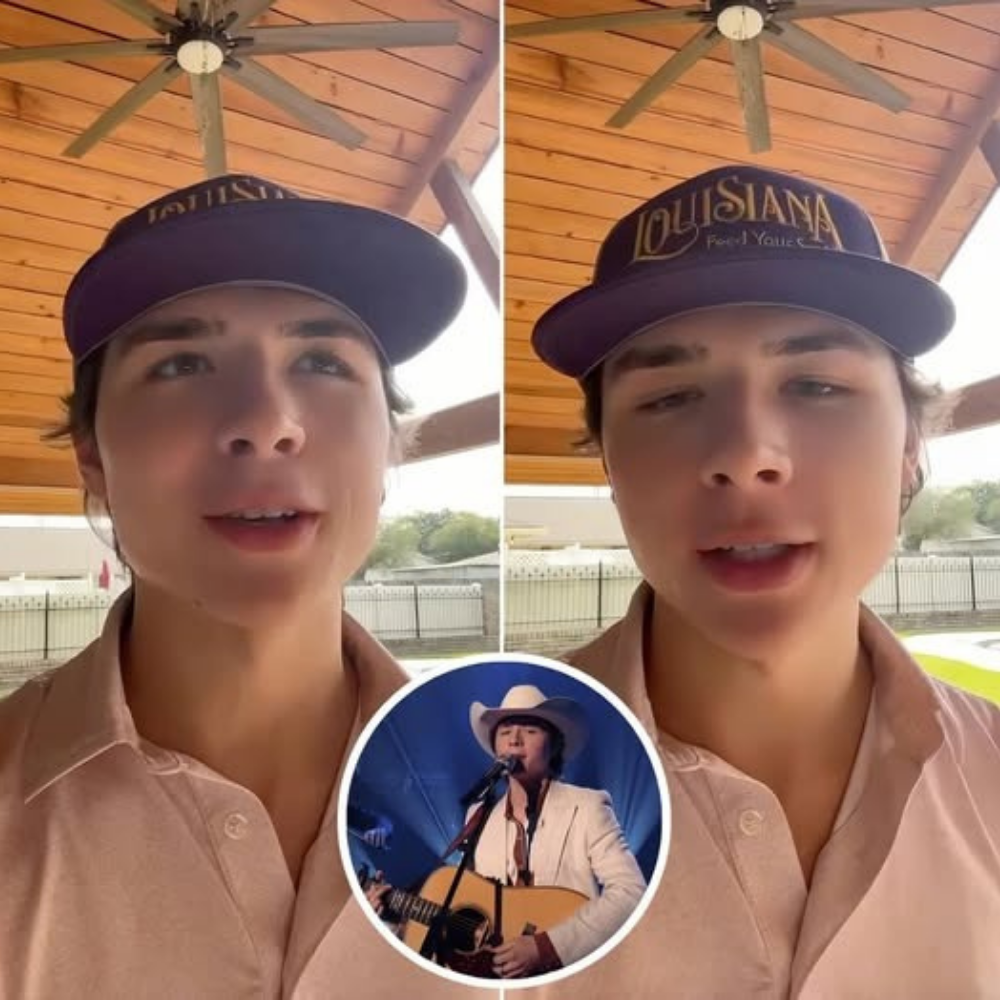Snoop Dogg, the iconic rapper and cultural figure, has finally opened up about a life-altering incident from 1993 that nearly cost him his life and career. In a recent interview, Snoop reflected on a fateful encounter that set off a whirlwind of events, placing him at the center of a high-profile murder trial that captivated the media and hip-hop community alike.
 On August 24, 1993, Snoop Dogg, whose real name is Calvin Broadus, and his bodyguard, McKinley Lee (also known as Malik), were involved in an altercation with Philip Walem Mariam, a member of a rival gang. The incident escalated after a confrontation over gang signs, leading to a deadly encounter that ended with Walem Mariam shot dead. Snoop Dogg described the tense situation, emphasizing how close he and Malik came to losing their lives, stating, “If Malik would have waited another second, I might not be here doing an interview with you right now.”
On August 24, 1993, Snoop Dogg, whose real name is Calvin Broadus, and his bodyguard, McKinley Lee (also known as Malik), were involved in an altercation with Philip Walem Mariam, a member of a rival gang. The incident escalated after a confrontation over gang signs, leading to a deadly encounter that ended with Walem Mariam shot dead. Snoop Dogg described the tense situation, emphasizing how close he and Malik came to losing their lives, stating, “If Malik would have waited another second, I might not be here doing an interview with you right now.”
At the time, Snoop was on the cusp of skyrocketing fame, having contributed to Dr. Dre’s seminal album, “The Chronic,” and working on his own debut project, “Doggystyle.” The rapper was deeply embedded in the gang culture of Los Angeles, a stark contrast to the polished media mogul he is known as today. He was an active member of the Rolling 20 Crips, navigating the dangerous intersection of street life and burgeoning superstardom.
Following the shooting, Snoop Dogg did not immediately turn himself in. Instead, he went on the run, evading law enforcement for a week, during which time he appeared at the 1993 MTV Video Music Awards. His manager, Suge Knight, reportedly viewed the situation as an opportunity to generate publicity for “Doggystyle,” which ultimately sold an astounding 861,000 copies in its first week—a record for hip-hop albums at that time.
The legal battle that ensued was intense and highly publicized, reminiscent of the O.J. Simpson trial. Snoop Dogg was represented by a team of high-profile attorneys, including Johnny Cochran, who famously coined the phrase, “If it doesn’t fit, you must acquit.” The trial, which began two years later, drew significant media attention, paralleling the sensational nature of Simpson’s case.
Snoop’s defense hinged on the suggestion that the LAPD mishandled the investigation. His lawyers argued that critical evidence was lost or destroyed, including the shell casing from the murder weapon. In a remarkable turn, the prosecution called 24 witnesses, each offering different accounts of the events leading to the shooting. In contrast, Snoop’s legal team called only one witness, successfully undermining the prosecution’s case and ultimately leading to Snoop and Malik being found not guilty of murder in February 1996.
Despite being charged with manslaughter and accessory to murder, which resulted in a mistrial, Snoop maintained his innocence throughout the ordeal. The rapper’s journey from the streets of Long Beach to the pinnacle of hip-hop fame is a testament to his resilience and ability to navigate the treacherous waters of celebrity life.
Today, Snoop Dogg reflects on the pivotal moment that could have changed his life forever, underscoring the lessons learned from his past. As he continues to thrive in the entertainment industry, he remains a powerful figure, using his platform to influence and inspire a new generation.
